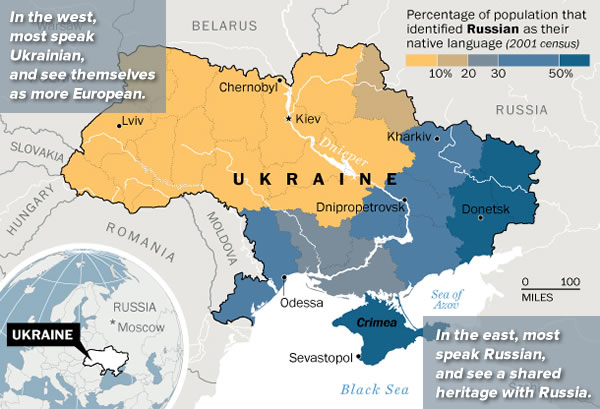With all the attention being on Ukraine’s political upheaval, there’s another political crisis happening in South America:
How is Venezuela doing? Well, tens of thousands of protesters are in the streets, the army’s been sent to crush revolt, an opposition leader has been arrested and supporters of the government just shot dead a former beauty queen. It’s going to hell in a handcart, that’s how it’s doing.
After Hugo Chavez died he was replaced by Nicolas Maduro, a man of considerably less talent who bears a striking resemblance to an obese Burt Reynolds. A Venezuelan friend explains that Chavez’s titanic personality held his revolution together, reconciling its various contradictions with his charismatic nationalism. By contrast, “Maduro has let the worst people take over” — surrendering authority to radical mobs and corrupt officials in a bid to keep them all on side. The result? Bad economic management, inflation at 56 per cent, rising unemployment, food shortages, shocking levels of crime and an increasing reliance on government control of the press.
The Left always insisted under Chavez that some meddling in the media was necessary because it was otherwise controlled by dark, foreign forces (read: people who disagreed with Chavez). But Maduro is now threatening to expel CNN, which is about the fairest and most balanced news source on the planet. CNN’s crime was to report on the recent protests that have engulfed the capital. And good for CNN. Coverage on what’s happening in Venezuela has been eclipsed by events in Ukraine, so for those who don’t know here’s what’s happening on the ground.
- On February 12, the opposition held a massive rally that resulted in bloodshed. Three people were killed, including two opposition protesters and one pro-government activist. The National Guard was dispatched to prevent further rallies.
- Violence quickly spread out across the country. Some 3,000 troops were sent to pacify the city of San Cristobal, where the government also cut off transport links and the internet.
- Opposition leader, Leopoldo Lopez, was forced to hand himself over to the National Guard on charges of inciting violence.
- The President blamed America for starting the conflict and has expelled US officials.
- Local TV stations have gone into lockdown and simply aren’t reporting the fighting. Venezuelans are relying on social media, which includes some false reporting. The opposition lack a single national TV outlet to be heard on.




